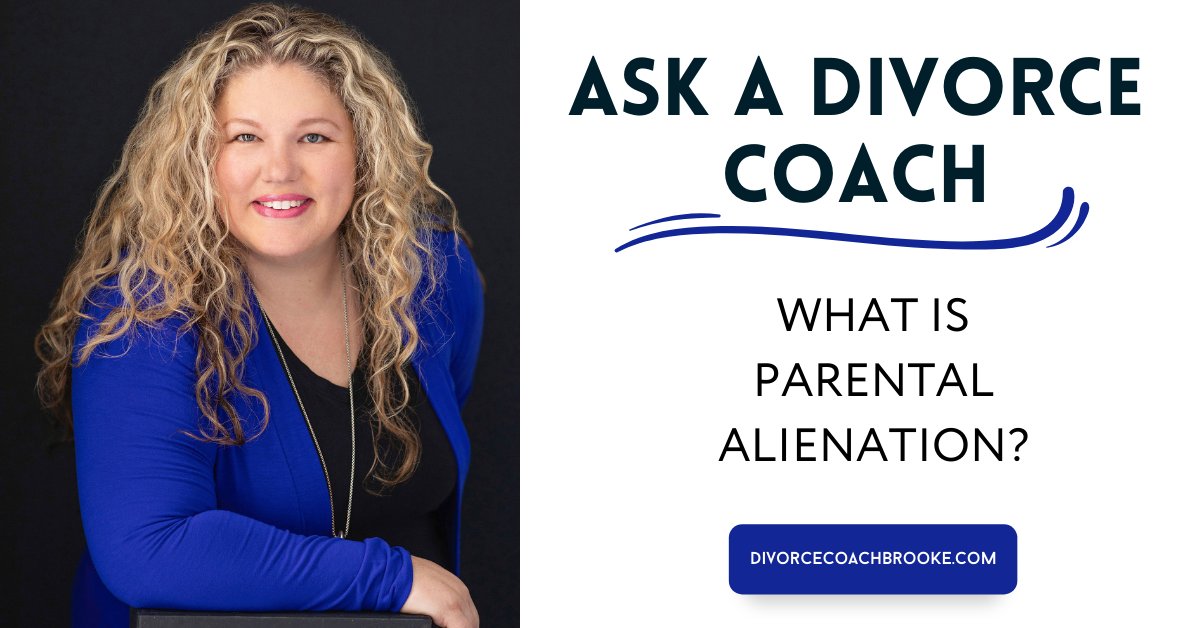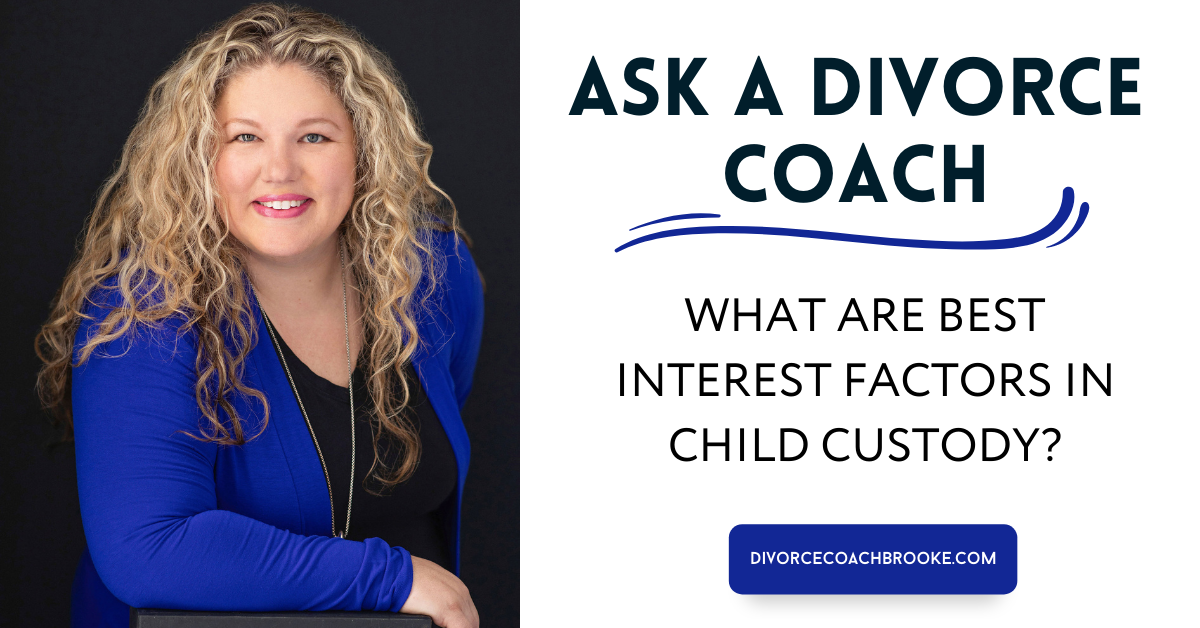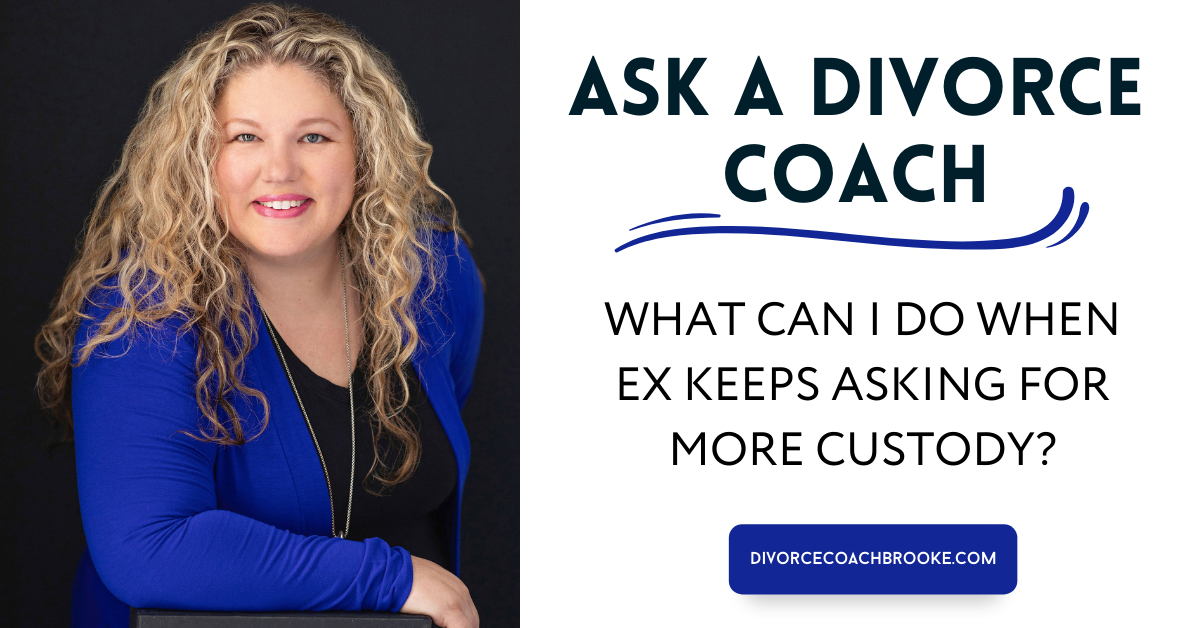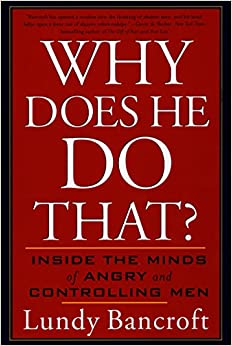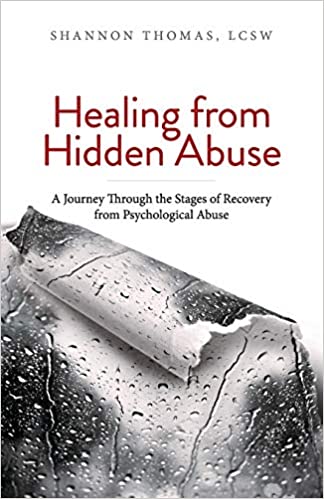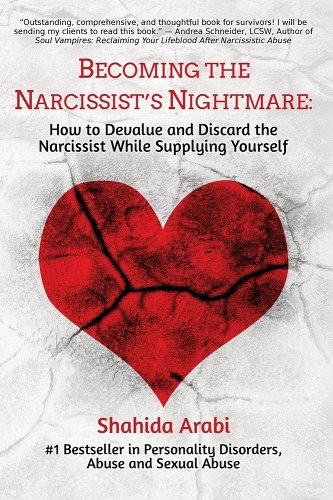What is parental alienation?
Parental alienation is a controversial concept that has been used in family courts. To some, parental alienation is a term used to describe a situation in which one parent (or other family member) tries to turn a child against the other parent. This can involve making negative comments about the other parent, telling the child false or misleading information about the other parent, or even preventing the child from having contact with the other parent. Those people often use that term benignly, not understanding the full history of the phrase or the ways that it is used by abusers as a defense. Because of its broad usage, the term has been successfully used to remove children from a protective parent’s custody and given to the abusive parent.
What is the controversy over parental alienation?
Origins of Parental Alienation and Parental Alienation Syndrome
The concept of parental alienation gained significant attention in the 1980s when psychiatrist Dr. Richard Gardner coined the term Parental Alienation Syndrome (PAS). Gardner described PAS as a condition in which a child becomes irrationally aligned with one parent and denigrates the other without justification. He argued that this was often the result of psychological manipulation by one parent, which led to the child’s estrangement from the other parent.
Dr. Gardner, the psychiatrist who introduced the concept of Parental Alienation Syndrome (PAS) in the 1980s, held highly controversial and troubling views on pedophilia, which have been widely criticized. Gardner argued that pedophilia was not as harmful or deviant as commonly believed and suggested that society overreacted to the issue. He claimed that sexual relations between adults and children have existed throughout history and that, in some cases, children may even enjoy such interactions. These beliefs appeared in some of his writings, where he seemed to downplay the severity of child sexual abuse.
Controversy over the use of PAS
However, the introduction of Parental Alienation Syndrome has been highly controversial. One major point of contention is that PAS was never recognized as an official mental health diagnosis by mainstream psychiatric organizations such as the American Psychiatric Association or the World Health Organization. Critics argue that the concept of PAS oversimplifies complex family dynamics and can be misused in court, particularly in cases involving allegations of abuse.
Gardner’s work has faced significant backlash for failing to adequately distinguish between genuine parental alienation and cases where a child’s rejection of a parent is based on legitimate fear or the result of actual abuse. Critics are especially concerned that PAS has been weaponized in family courts to discredit survivors of domestic violence or child abuse, with some abusers accusing the protective parent of alienating the child when, in reality, the child is distancing themselves for self-protection.
Other Terms used instead of Parental Alientation
Refuse/Resist Dynamic: The refuse/resist dynamic in child custody refers to a situation where a child, often during or after a high-conflict divorce, refuses to spend time with or resists having a relationship with one parent. This behavior can stem from various factors, including the child’s own experiences or feelings, abuse inflicted by the rejected parent, or alleged influence from the other parent (sometimes referred to as parental alienation). Many in the parental alienation movement have relabeled behavior under this phrase as legitimate criticism of parental alienation continues.
Gatekeeping: the behaviors of one parent that control or influence the other parent’s access to their child. This can range from positive gatekeeping, where a parent facilitates a healthy relationship between the child and the other parent, to restrictive or negative gatekeeping, where a parent intentionally limits the other’s involvement in the child’s life. Gatekeeping is often used to mean “alienation” because of the negative connotation of Parental Alienation.
- Justified Concerns: In some cases, restrictive gatekeeping may be justified, particularly when it aims to protect the child from potential harm due to the other parent’s abusive or neglectful behavior. However, proving these concerns can be challenging and may lead to further conflict in custody disputes.
- Gender Bias: There is controversy over the term due to perceived gender biases, with some arguing that mothers are more often accused of gatekeeping, sometimes unfairly, as a tactic in custody battles. This can complicate custody disputes and lead to further polarization between parents.
False Allegations of Parental Alienation
One of the most challenging situations for a parent is being falsely accused of parental alienation, especially when they have raised credible allegations of domestic violence or child abuse. In some cases, abusers will allege parental alienation as a defense mechanism to discredit the protective parent and shift attention away from their abusive behavior. This can result in a situation where the victim is re-victimized through the court system, a process sometimes referred to as legal abuse.
An accusation of parental alienation by an abusive father, in particular, can be devastating for your case. Despite the controversy and unsubstantiated claims of this theory, it has a stronghold in the family courts, with judges, attorneys, mediators, custody evaluators, GALS and more believing that parental alienation is a valid and widespread problem.
Even if your ex-partner is abusive, the courts will likely expect you to be overly nice and accommodating to that partner when it comes to custody. Any evidence that you do not like your ex can be used to dismiss any and all claims of abuse by you or your children. You must be strategic and understand how your words and actions can be twisted by the abuser. High-conflict divorce coaches are trained in this area and can help you sort out the allegations and create a plan to move forward.
- Document Everything: Maintaining thorough documentation is crucial when defending against false allegations. Keep a detailed record of all communications with your ex-partner, including emails, text messages, and phone calls. Document any missed visitations or instances where your ex-partner has failed to comply with custody arrangements. If your child has expressed fear or discomfort regarding their other parent, record these instances, but avoid coaching or influencing the child’s statements. It is also important to document any evidence of the abuse you have experienced, such as photos, medical records, police reports, or testimony from witnesses.
- Prioritize Your Child’s Well-being: One of the best ways to combat false allegations is to demonstrate that your actions are focused on your child’s best interests. Courts are more likely to side with a parent who appears to be acting in good faith and prioritizing the child’s welfare. Avoid speaking negatively about the other parent in front of your child, even if you believe the accusations against you are unfounded. Instead, focus on maintaining a positive, healthy environment for your child.
- Use Expert Witnesses: In cases where the allegations of abuse and parental alienation are complex, expert testimony can be incredibly valuable. Look for expert witnesses who can help discredit the theory of parental alienation and who can help substantiate the reasons why a child may resist visitation.
The use of the term “parental alienation” is controversial because it has been criticized for being misused and sometimes used to discount or dismiss allegations of abuse made by one parent against the other in the context of child custody disputes.
Critics argue that the term “parental alienation” can be used to blame the victim of abuse, and that it can be misused to suggest that a child’s reluctance to spend time with a parent is due solely to the other parent’s interference, rather than any abusive behavior by the rejected parent.
In some instances, a parent who is accused of sexual abuse may claim that the allegations are the result of the other parent’s attempts to alienate the child from them, rather than actual abuse. This can create a difficult situation in which the court must determine whether the allegations of abuse are true or whether they are the result of a deliberate attempt to alienate the child from the accused parent. The use of parental alienation in such cases can be particularly problematic if there is evidence that the accused parent has a history of abuse or if there is other credible evidence that supports the allegations.
Critics of the concept of parental alienation argue that it can be used as a tool to silence children who report abuse, by claiming that the allegations are a result of manipulation by the other parent. This can create a dangerous situation in which legitimate claims of abuse are not taken seriously or are dismissed as a result of the use of parental alienation.
The American Psychological Association (APA) recognizes the existence of situations in which a child’s resistance or hostility towards one parent is not justified and may result from psychological manipulation by the other parent. However, the APA does not endorse the use of the term “parental alienation” as a diagnostic label or legal concept. Many in the narcissistic abuse recovery and high conflict divorce coaching space refer to this behavior as “post-separation abuse.”
What are the origins of the parental alienation theory?
The concept of parental alienation has a complex history with origins that can be traced back to the early 20th century. However, the modern theory of parental alienation can be traced back to the work of psychiatrist Richard Gardner in the 1980s.
Gardner coined the term “parental alienation syndrome” (PAS) to describe a set of behaviors in which one parent attempts to alienate a child from the other parent during a divorce or child custody dispute. Gardner argued that the behaviors associated with PAS were often the result of a campaign of denigration by one parent, who would try to turn the child against the other parent through tactics such as badmouthing, withholding contact, or making false accusations.
While Gardner’s work gained some traction in the field of family law, it was also heavily criticized by many mental health professionals who argued that the concept was not supported by solid scientific evidence and that it could be used to justify abusive behavior by parents. Additionally, Gardner’s focus on the behavior of the alienating parent rather than the child’s feelings and experiences was criticized by some as being overly simplistic.
What should I do if I am accused of parental alienation?

